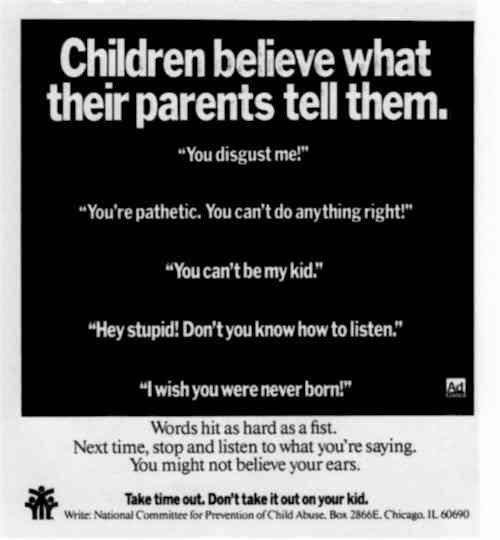cross posted from The Dream Antilles
Another sign of the end of the world. The venerable f-word is not to be uttered in certain courtrooms in Cincinnati in its participle form. Under any circumstances. Those who say it no matter to whom get 6 months. WTF?
The Enquirer reports:
For the second day in a row, Judge Robert Ruehlman threw someone in jail and cited him for contempt for cussing in the courtroom.
It was an accused gang member Wednesday. On Thursday, it was a private attorney in a non-criminal case.
And what, prey tell, were these cusses?
Brautigam, who is an attorney but isn’t licensed in Ohio, asked Ruehlman for more time to file documents. Ruehlman gave it to him.
As Koenig and Brautigam turned to walk away from the judge, Brautigam called Koenig “a (bleeping) liar.”
“He used the famous F-word,” Koenig said. “(Ruehlman) asked Mr. Brautigam if he said that.”
Brautigam admitted he had and had directed it at Koenig.
Ruehlman cited Brautigam for contempt and sent him to jail for six months.
The word was not directed at the judge. It was directed at opposing counsel. Apparently it was overheard by the judge. No matter. 6 months.
The judge decided the sentence should be 6 months because he gave somebody else 6 months for cussing. WTF? 6 months in jail for the F-word as an adjective? OK. What was the previous offense that set the bar so high?
Jamel Sechrest was before Ruehlman in a Wednesday hearing with four other accused members of the “Taliband,” a gang police say has terrorized Northside and its residents by selling drugs and committing other crimes.
Sechrest, unhappy at having to wait until Feb. 2 for a trial – and sitting in jail until then – muttered “That’s (bleeping) bull (bleep).”
“You don’t say bull (bleep) in the courtroom,” Ruehlman told Sechrest before citing him for contempt, sentencing him to six months in jail.
Sechrest it turns out said this to the judge. He did not say it to his lawyer and that was not overheard. Isn’t that different from the lawyer’s remark to opposing counsel? Evidently not.
If you’re trying to understand this, here’s the apparent rule of law in this particular Cincinnati Courtroom: say the F-word participle as an adjective in any context to anyone, 6 months. If the modified noun is a bad word, you apparently don’t get extra time for the noun. I have no idea what you get if you invoke the F-word as a verb or an imperative.
I doubt the lawyer will spend the time in jail. He’ll appeal and manage to be bailed pending a decision on his appeal. The alleged Taliband member is, I think, just plain stuck.
This is all very interesting in light of the old US Supreme Court decision in Cohen v. California, 403 US 15 (1971). Young Mr. Cohen had a jacket on his lap while he was in a courtroom in the LA County courthouse. When he left the courtroom but was still in the halls of justice, he put the jacket on. The problem was that it said, “Fuck the Draft” on the back. He was arrested and charged with a crime. Said the US Supreme Court in a 5-4 decision striking down the conviction
“[A]bsent a more particularized and compelling reason for its actions the State may not, consistently with the First and Fourteenth Amendments, make the simple public display of this single four-letter expletive a criminal offense.”
Likewise, its utterance? In his majority decision, Justice Harlan wrote, “One man’s vulgarity is another’s lyric.” (A lyrical aside: Ah for that Supreme Court, alack, alack, alack, how they are missed.)
Meanwhile back in Cincinatti, we’re all treated to another sign of the end of the world. The F participle has become so powerful, that you can be incarcerated simply for saying it. George Carlin and Lenny Bruce were apparently right. Some words, in particularly the F-word used in its participle form, keep their power because we nonsensically both censure and censor their use.
And then we have the learned judge. When he discovered that his initial sentence to the alleged gang banger was too harsh, he doesn’t amend the first sentence to make it fair. No. That would show weakness? Or rationality? Instead, he just goes ahead and gives the too stringent sentence to somebody else. He makes the crime fit the punishment. Does that solve the problem with the first sentence? No, it does not. It replicates and magnifies it. It’s the end of the world.


